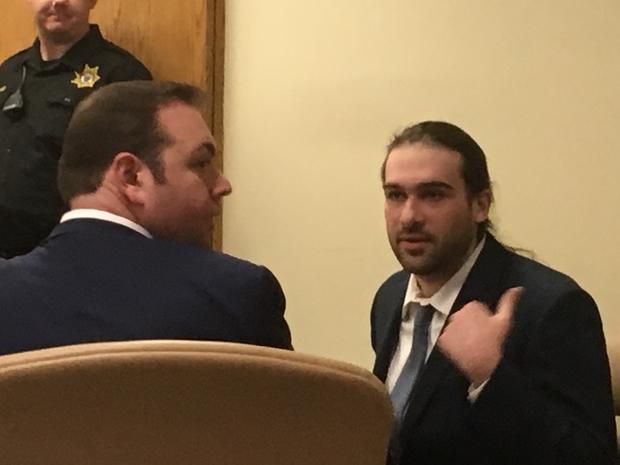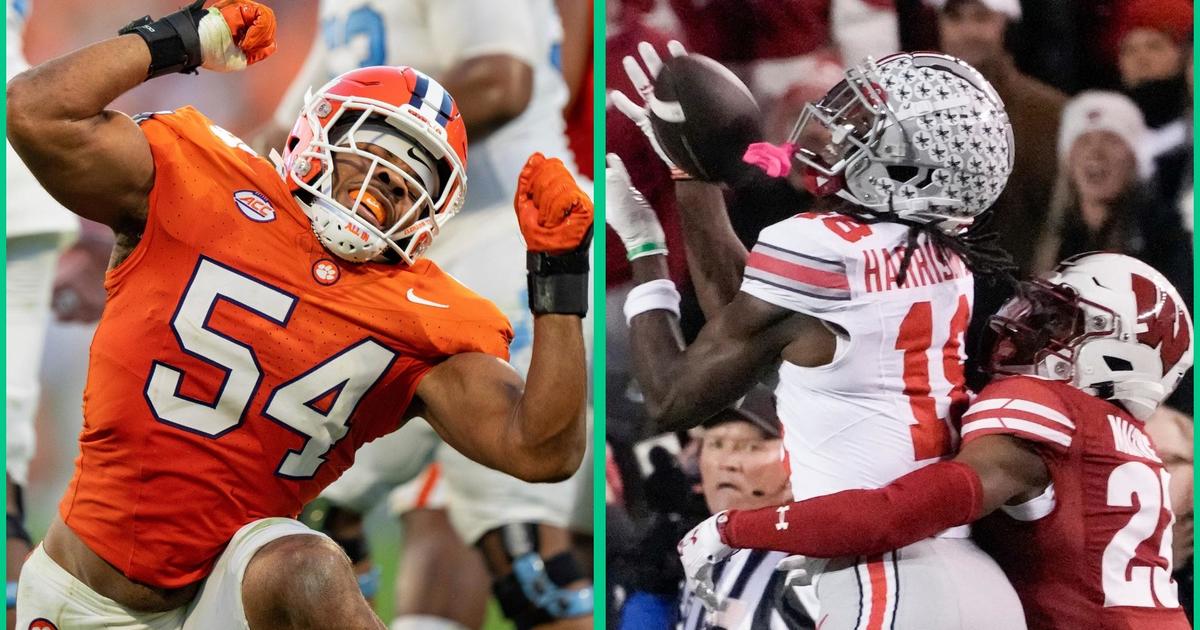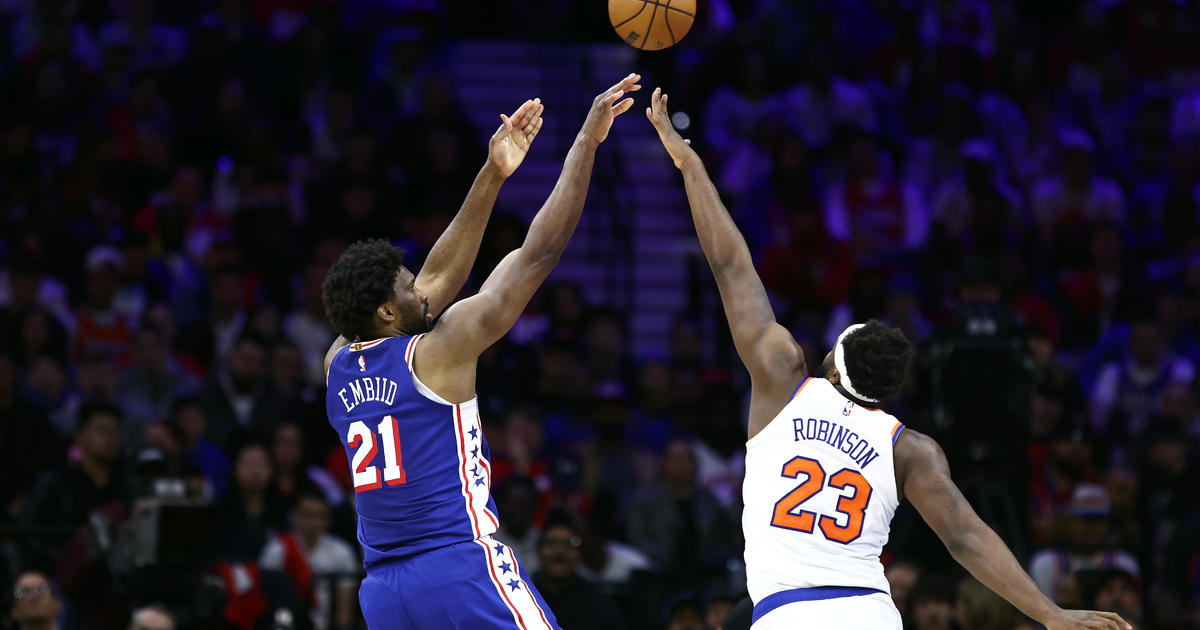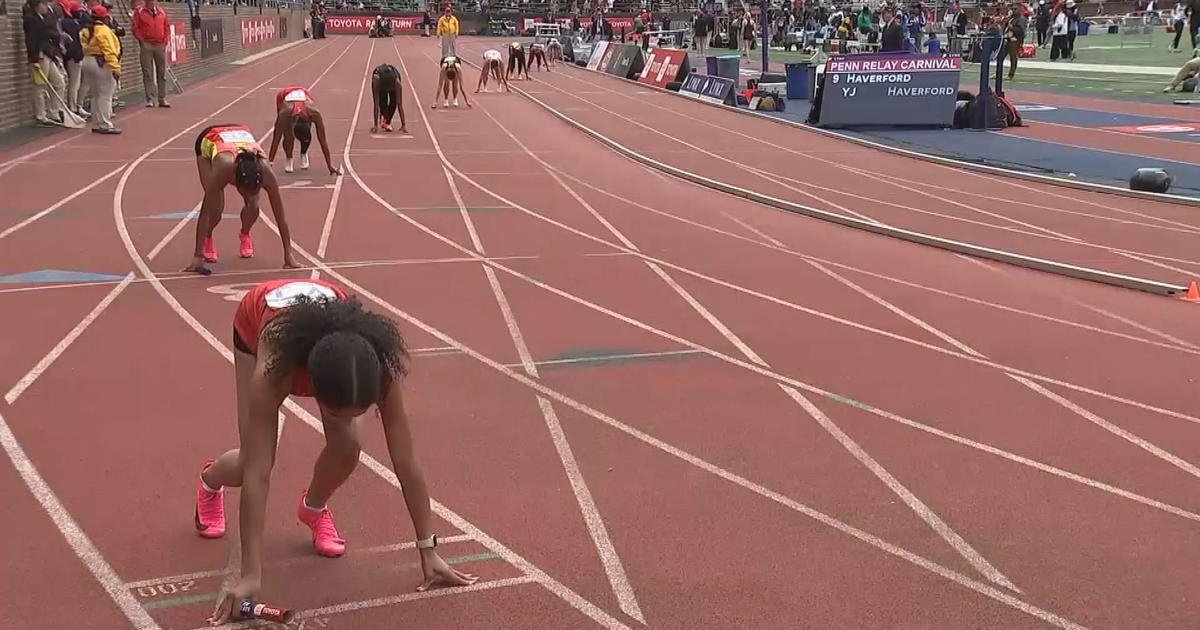Top 5 Worst Coaching Decisions
Every coach and manager screws up now and again -- they're only human, which is admittedly hard to remember since they talk like robots 99% of the time.
But some of them have made decisions so boneheaded, and so anti-winning, that it's a shocker any team would let them do anything but sweep up the locker room. We're talking atrocious ideas like ...
5. Grady Little Keeps Pedro Martinez in, Red Sox Blow 2003 ALCS
In case you've forgotten, there was a time when the Boston Red Sox didn't win the World Series every few years. But their 85-year-drought was showing signs of letting up by 2003, when the Sox faced the New York Yankees in the ALCS. Five outs away from making it to the Series, Sox ace Pedro Martinez was clearly weakening, and needed to be pulled in favor of just about anybody else.
This did not happen. Red Sox manager Grady Little, likely due to equal parts overconfidence and ignoramity, kept Pedro in. This decision backfired almost immediately, as Pedro quickly gave up one run. Then another. And then another. Only after the Yankees tied the game and socked every Bostonian in the gut did Little pull his ace. But it was too late, as the Yanks scored the winning run in the 11th. Little was unemployed maybe a second after the game ended, and didn't coach for years after.
4. Marty Mornhinweg Allows the Other Team to Receive the Ball During Sudden-Death Overtime
For a long time, NFL overtime rules stated that whoever scored first won, end of story. That has since changed so everybody gets a fair chance because that's how life works, but back in the day, who in their right mind would have NOT wanted first crack during overtime? Marty Mornhinweg, that's who.
While coaching the Detroit Lions in 2002, Mornhinweg fell victim to the dreaded brain-eating disease known as Beingadetroitlionitis. A game against the Chicago Bears went into overtime, and his team won the coin toss. Mornhinweg, ever the clever beaver, elected to kick the ball, gambling that the wind would make it difficult for the Bears to score.
As it turns out, a team from the Windy City was shockingly good at dealing with wind. The Bears quickly kicked a field goal and won the game. Mornhinweg has not head coached since, as blatantly handing victories to your opponents is typically frowned upon by the average owner.
3. Russian Hockey Coach Benches Star Goalie in the 1980 Olympics, Falls to U.S.
Everybody's aware of the Miracle on Ice, the U.S. men's hockey team's amazing last-second gold medal victory at the 1980 Olympics. But as it turns out, 'Merica might have settled for silver if Russia had even a slightly more competent coach.
After one period of play, the score was tied 2-2. With two whole periods to go, Russian coach Viktor Tikhonov benched his star goalie, Vladislav Tretiak, in favor of Vladimir Mishkin. The intended goal was to "shake things up," which isn't something most people do during a championship game that they are not losing.
As we all know, Mishkin did not work out, giving up the winning goal with a mere ten seconds to go. So Tikhonov certainly shook things up, though probably not the way he intended.
2. Terry Bevington Goes to the Bullpen WAY Too Early
 (Photo Credit: Jonathan Daniel /Allsport)
(Photo Credit: Jonathan Daniel /Allsport)
During a September 1997 game, Chicago White Sox manager Terry Bevington pulled his starter, Jamie Navarro, in the seventh inning. This wouldn't have been a big deal, except the Sox were leading 2-0 and Navarro didn't seem at all tired. But Bevington felt otherwise, and so he brought in a reliever.
And then another. And another. And another. Eight relievers later, Navarro's shutout had completely melted away, and in its place was a 7-2 hole that the Sox could not climb out of. It had gotten so bad that at one point, Bevington had to call out Keith Foulke to pitch. While Foulke was a fine player, he had no advance warning that he was needed, and had no time to warm up before taking the mound. Ever try to run a mile without stretching, immediately after waking up? Same thing.
Since then, the best Bevington has been able to do is waste a couple years as third base coach for the Toronto Blue Jays. He sucked there too.
1. The Miracle at the Meadowlands
In 1978, the New York Giants has the Philadelphia Eagles on the ropes. With just 30 seconds to go, they had both the lead and the ball. All they had to do was kneel and win.
So naturally, Giants offensive coordinator Bob Gibson had his quarterback, Joe Pisarcik, run the ball. In his mind, this was because an overzealous Eagle had rushed during the prior play, when Pisarcik actually HAD kneeled. For some reason, Gibson was convinced the Eagles would do that again, and so he forced his QB to rush.
The result was one of the biggest whoopsie-dunkles in sports history. Pisarcik tried to hand the ball off but instead fumbled it, allowing Herm Edwards of the Eagles to pick it up and score the game-winning touchdown. Gibson's blunder was so unforgivable that he was fired the very next day, and hasn't worked in football since.
As far as Edwards goes, everybody likes to mock his YOU PLAY TO WIN THE GAME outburst, since it sounds like the most cliched bit of jockspeak in the history of cliched jockspeak. But he said it for a reason -- the most famous play of his career came when things looked impossibly hopeless. You never know when an opportunity to win will pop up, and so you keep playing with victory in mind, no matter how many dumbass memes your words inspire.
Jason Iannone is a Cracked Columnist and doesn't care if "ignoramity" isn't a word. He will use it gleefully, and fight you if you object. Follow him on Facebook, Twitter, and Tumblr, and attack him first.





